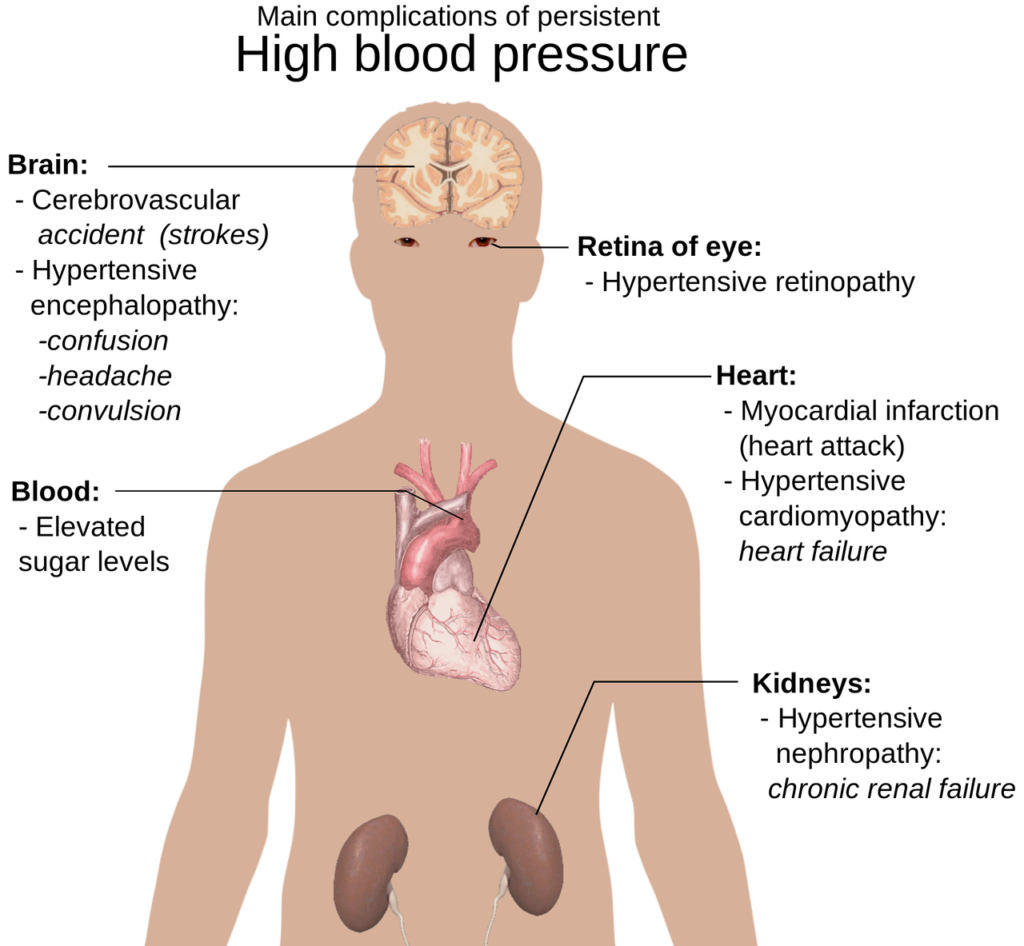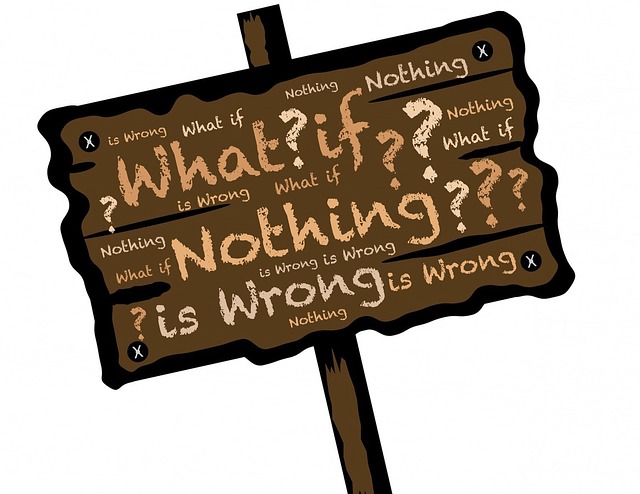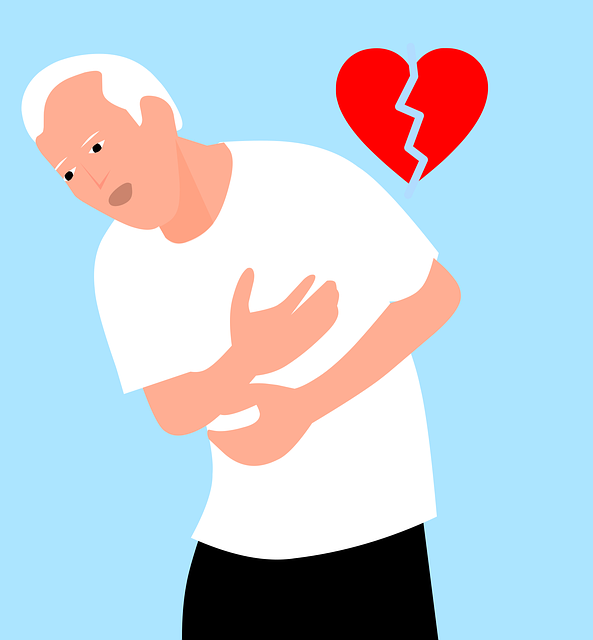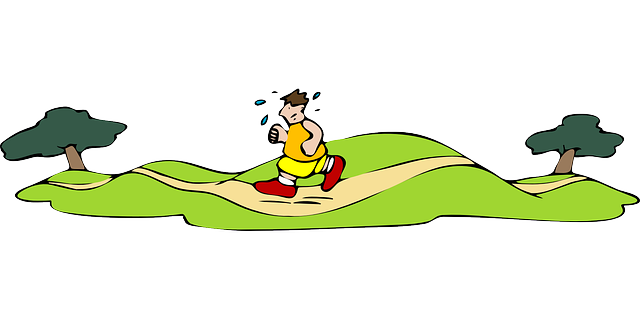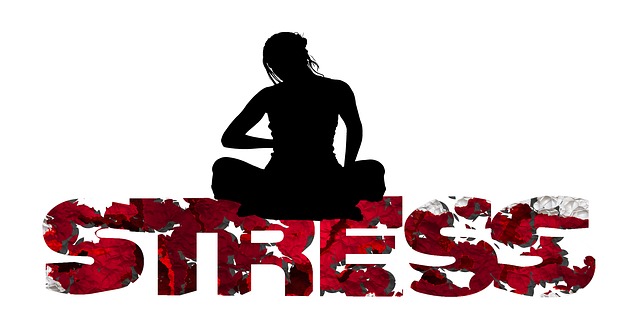What is High Blood Pressure (Hypertension)?
Hypertension The Silent Killer. High blood pressure (hypertension) is a common condition. And which the long-term force of the blood against your artery walls is high enough. Also, that it may eventually cause health problems, such as heart disease. Blood pressure is determined both by the amount of blood your heart pumps. And the amount of resistance to blood flow in your arteries. So then, hypertension is classified either primary (essential) high blood pressure or secondary high blood pressure. Furthermore, about 90–95% of cases are primary, defined as high blood pressure due to nonspecific lifestyle and genetic factors.
What are the Symptoms of Hypertension?
Hypertension The Silent Killer. If you are looking for a list of symptoms and signs of high blood pressure (HBP or hypertension), you won’t find them here. Because most of the time, there are no symptoms.
Myth: People with high blood pressure will experience symptoms, like nervousness, sweating, difficulty sleeping or facial flushing.
Truth: High blood pressure is a largely symptomless “silent killer.” If you ignore your blood pressure because you think a certain symptom or sign will alert you to the problem, you are taking a dangerous chance with your life.
Complications from long term High Blood Pressure
After a prolonged period, untreated high blood pressure can cause heart disease and related complications. Such as, heart attack, stroke, and heart failure.
Other complications include:
- Fluid build up in the lungs
- Vision loss
- Kidney damage
- Erectile dysfunction
- Memory loss
Management and Treatment
Lifestyle adjustments are the standard, first-line treatment for hypertension. Some recommendations are as follows:
Regular physical exercise
Current guidelines recommend that all people, including those with hypertension. Should engage in at least 150 minutes of moderate-intensity, aerobic exercise every week, or 75 minutes per week of high-intensity exercise.
Alongside 150 minutes of exercise, most adults will benefit from engaging in strength training at least twice per week.
Older adults should be prepared to exercise at least 5 days every week.
Examples of suitable activities are:
- walking
- jogging
- cycling
- swimming
Stress reduction
Avoiding or learning to manage stress can help a person control blood pressure.
A few relaxation techniques that can help relieve stress are:
- meditation
- warm baths
- yoga
- going on long walks
People should avoid consuming alcohol and recreational drugs to cope with stress, as these can contribute to elevated blood pressure and the complications of hypertension.
Smoking can also increase blood pressure. Avoiding or quitting smoking reduces the risk of hypertension, serious heart conditions, and other health issues.
In Conclusion
It is not called the silent killer for nothing, hypertension or high blood pressure is a serious life threatening condition. Also symptoms, are not obvious if you have it, so regular checks with your doctor is something we must plan for. So then, make a note to get checked, you know it makes sense. Finally, raised blood pressure (BP) is responsible for 7.6 million deaths per annum worldwide (13.5% of the total), more than any other risk factors. Around 54% of stroke and 47% of coronary heart disease are attributable to high BP.
HAVE YOU CHECKED YOUR BLOOD PRESSURE LATELY?
Important Note *
Remember that everyone is different, and it is ultimately YOUR RESPONSIBILITY to find what your body responds to. So please do your due diligence before trying anything new, including getting Medical Advice to ensure your safety and peace of mind.
Connect with me and leave a comment or two on my social media.
